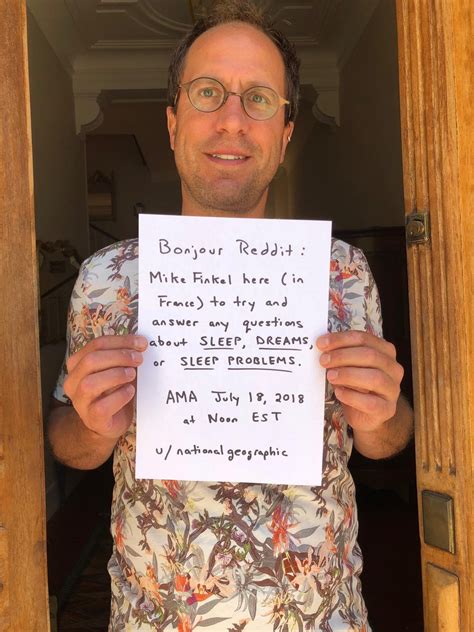A Quote by Gaston Bachelard
A book is a human fact; a great book like Seraphita gathers together numerous psychological elements. These elements become coherent through a sort of psychological beauty. It does the reader a service.
Related Quotes
The force that unites the elements to become all things is Love, also called Aphrodite; Love brings together dissimilar elements into a unity, to become a composite thing. Love is the same force that human beings find at work in themselves whenever they feel joy, love and peace. Strife, on the other hand, is the force responsible for the dissolution of the one back into its many, the four elements of which it was composed.
I am not a psychological novelist, and I try very hard not to allow the reader to see the plight or circumstances of the characters as individual psychological plights. That's my preference; still, a lot of people do read my novels as psychological studies, and they're right to read them that way too, if that's what they mean to them.
You all know that certain things are necessary to make a religion. First of all, there is the book. The power of the book is simply marvellous! Whatever it be, the book is the centre round which human allegiance gathers. Not one religion is living today but has a book. With all its rationalism and tall talk, humanity still clings to the books. In your country every attempt to start a religion without a book has failed. In India sects rise with great success, but within a few years they die down, because there is no book behind them. So in every other country.
In my couple of books, including Going Clear, the book about Scientology, I thought it seemed appropriate at the end of the book to help the reader frame things. Because we've gone through the history, and there's likely conflictual feelings in the reader's mind. The reader may not agree with me, but I don't try to influence the reader's judgment. I know everybody who picks this book up already has a decided opinion. But my goal is to open the reader's mind a little bit to alternative narratives.
Astrology is of particular interest to the psychologist, since it contains a sort of psychological experience which we call projected - this means that we find the psychological facts as it were in the constellations. This originally gave rise to the idea that these factors derive from the stars, whereas they are merely in a relation of synchronicity with them. I admit that this is a very curious fact which throws a peculiar light on the structure of the human mind.
Every reader, as he reads, is actually the reader of himself. The writer's work is only a kind of optical instrument he provides the reader so he can discern what he might never have seen in himself without this book. The reader's recognition in himself of what the book says is the proof of the book's truth.
I won't deny the polemical elements in my work, but they are less in the service of attempting to reform human behavior than the delighted exercise of my rather malicious sense of humor - especially vis-a-vis the horrifying everyday environment we have produced for ourselves. These mall-scapes, burb-scapes, urban wildernesses, starchitect stunts, and other toxic contexts for our daily lives express about every human vice, stupidity, and blunder that it is possible for a society to make. It all leads, really, to a psychological place where only comedy or despair make sense.








































